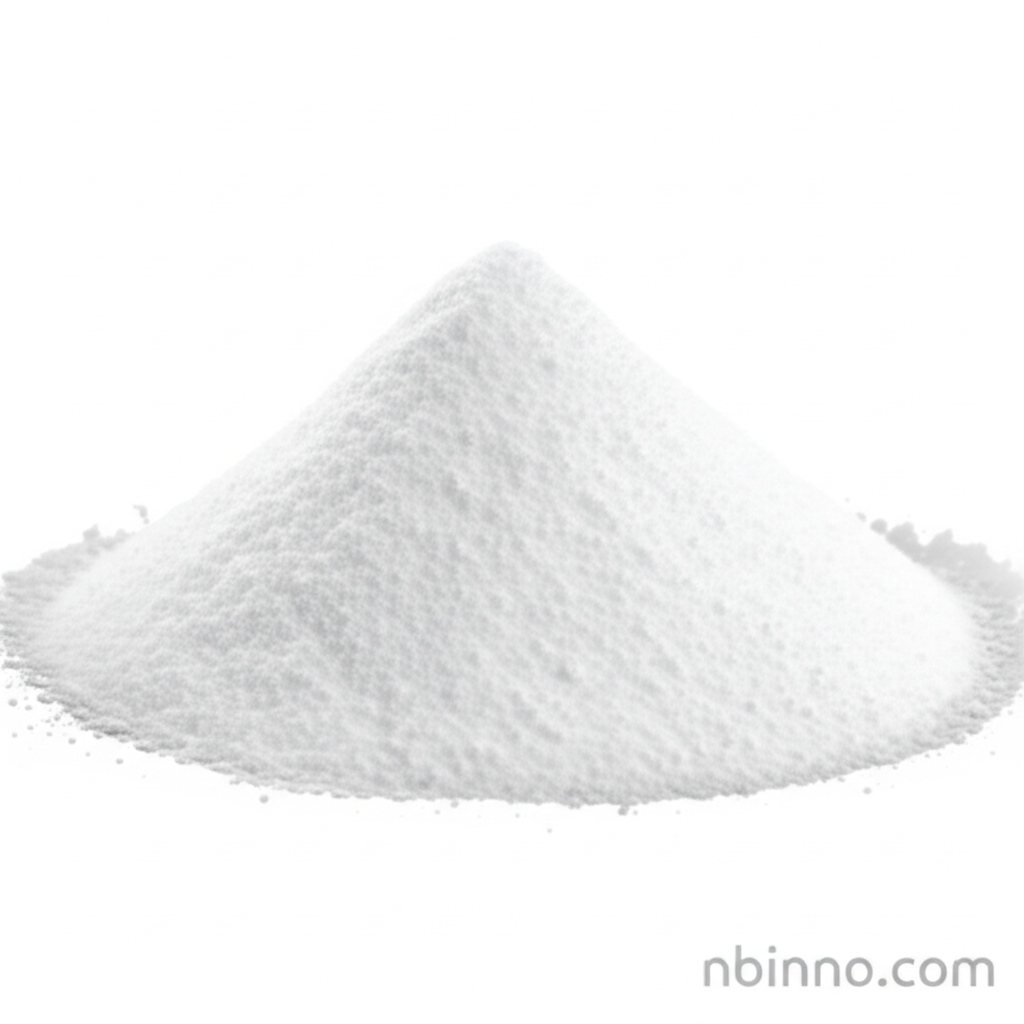Understanding Amprolium Hydrochloride: A Key Veterinary Coccidiostat
Enhance livestock health and productivity with this vital veterinary compound.
Get a Quote & SampleProduct Core Value

Amprolium Hydrochloride
Amprolium Hydrochloride is a critical veterinary pharmaceutical used extensively as a coccidiostat. Its primary function is to combat coccidiosis, a parasitic disease affecting the intestinal tract of poultry and livestock, thereby safeguarding animal health and optimizing production yields.
- Key to treating coccidiosis in chickens, Amprolium Hydrochloride plays a vital role in maintaining flock health.
- Utilized as a thiamine antagonist, it effectively inhibits parasite growth by disrupting essential metabolic pathways.
- This compound is favored for its suitability in antibiotic-free production systems, aligning with modern animal welfare standards.
- By preventing parasitic infections, it supports better veterinary use of Amprolium Hydrochloride, ensuring healthier animals and improved feed conversion ratios.
Key Advantages
Disease Prevention
Offers robust protection against coccidiosis, a significant threat to poultry and livestock, thereby contributing to poultry health.
Metabolic Disruption
Functions as a thiamine antagonist, interfering with crucial nutrient uptake by parasites, a core aspect of its veterinary coccidiosis prevention efficacy.
Production System Compatibility
Ideal for antibiotic-free production systems, supporting sustainable and welfare-conscious farming practices.
Key Applications
Poultry Health Management
Essential for the prevention and treatment of coccidiosis in chickens, promoting better overall flock health and productivity.
Livestock Disease Control
Provides effective control against parasitic infections in cattle, sheep, and goats, ensuring animal welfare and economic viability.
Veterinary Pharmaceutical Use
A cornerstone active pharmaceutical ingredient in veterinary medicine, used to maintain herd and flock health globally.
Growth Promotion Support
By mitigating the impact of coccidiosis, it indirectly supports optimal growth and development in young animals.
